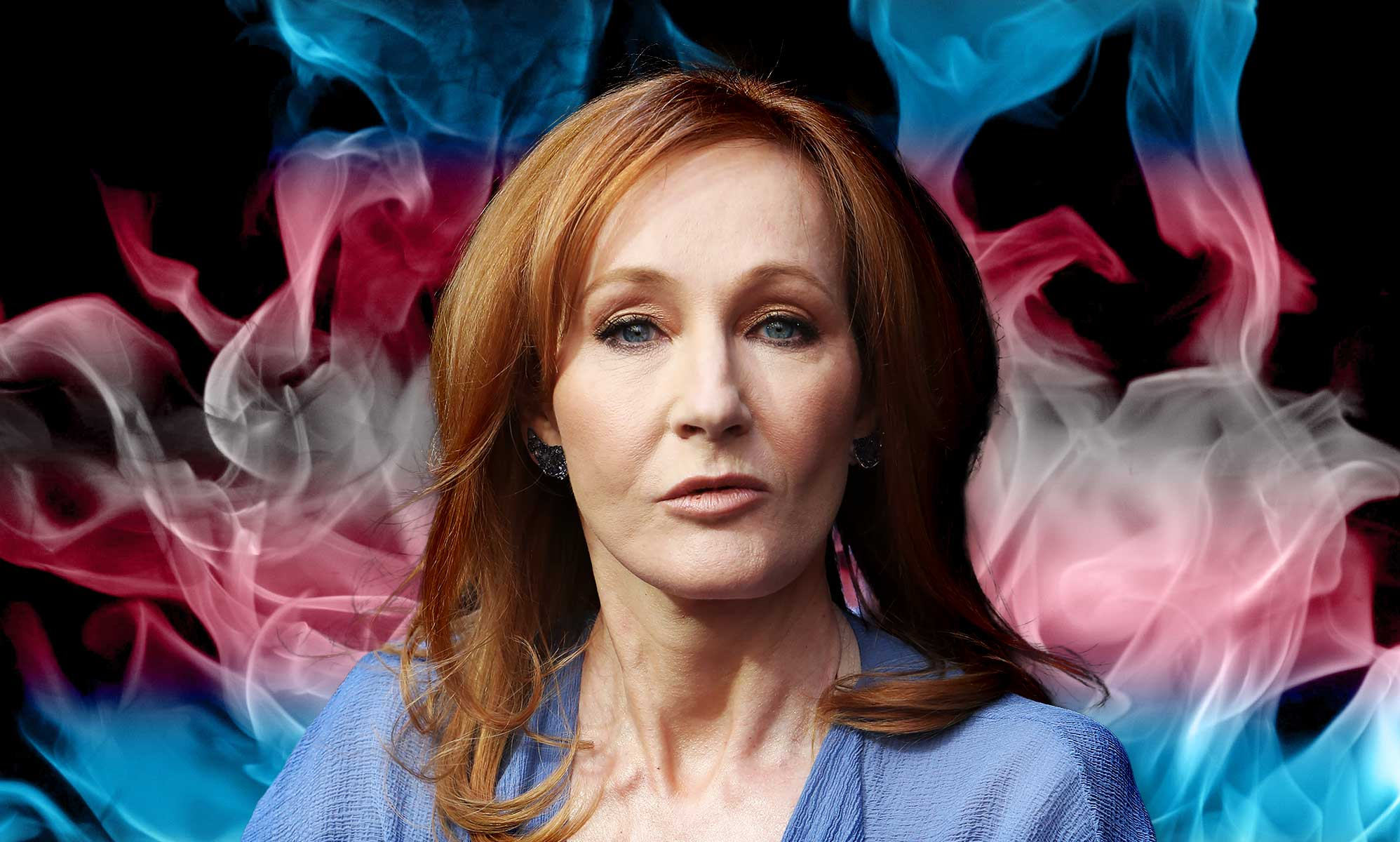Shaun of the Dead actor Nick Frost has disabled comments on a post celebrating his casting in HBO’s Harry Potter series, after fans reacted with upset over his involvement.

HBO announced yesterday (14 April) that the 53-year-old British actor, known for Hot Fuzz and The World’s End, will star as half-giant Rubeus Hagrid in its TV adaptation of JK Rowling’s Harry Potter novels.
While mega fans of Rowling’s wizarding world have praised HBO’s casting team for lining up Frost as Hagrid, others have taken aim at Frost and his fellow future Harry Potter stars over their involvement in a series being executively produced by Rowling.
JK Rowling has repeatedly made her ‘gender-critical’ views on the transgender community clear, while she was recently criticised by asexual campaigners for branding International Asexuality Day “fake oppression” day.
Comments have now been disabled on his celebration post after fans pointed out that he would be working on a Rowling project.
Still, those disappointed in the star’s decision to be involved in Rowling’s work have begun flooding the comment sections on his other posts, with one reading: “You always were an artist I highly admired. Please think again if you want to get involved with that woman, you might lose a lot of fans with that decision.”


People don’t spend money to go see “new” shit, but do spend money to see rehashed “safe” shit, so why would studios bother trying to make anything else.
Like it or not, money talks. And the public has overwhelmingly said this is what they prefer.
It’s the other way around.
Studios used to take chances on new IP’s back in the day when they didn’t have to make a billion dollars at the box office just to “break even” (I’m being a tad hyperbolic about that number). There’s a clip of Matt Damon on ‘Hot Ones’ breaking this down. For those who can’t (or don’t want to) click the link, it basically goes like this:
In the days before the streaming boom, a movie studio could afford to spend a bunch of money producing and marketing an original movie, knowing that what they sank into production and advertising would most likely be recouped in video rentals, in the event that the movie under-performed at the box office. Once physical movie rentals went away, so did all that back end money, and studios became a lot more hesitant to take those kinds of risks. The end result was that studios started buying existing IP’s that were already popular and producing those almost exclusively. The final death throes of video rental stores happened in the mid-to-late 2000s (think MCU Phase 1 era), and that’s where we saw the big increase in reboots, sequels, prequels, franchises, and cinematic universes.
So basically, the majority of big studios lost a ton of revenue from the defunct video rental business, so they did a bunch of market research to find out what people liked (or rather, what made the most money), then decided that was pretty much all they were going to make from then on. The public ate it up for the same reason they eat junk food or smoke meth; it has no substance, but it has all the right ingredients to trigger a dopamine response.
The fault here lies with the dealer, not the junkie.
I’ll add that the cost to see anything is so freakn high right now that no one wants to chance losing so much money on something new that turns out to be a dud. So safe it is!
Money talks if profit is the only goal, and all money talks is bullshit.
Congratulations, you just discovered the goals of studio executives.